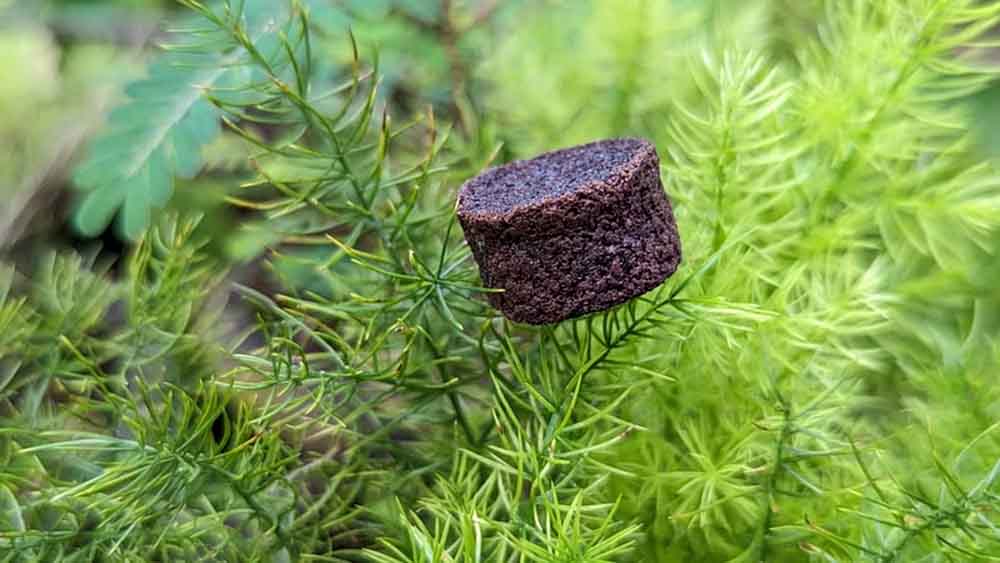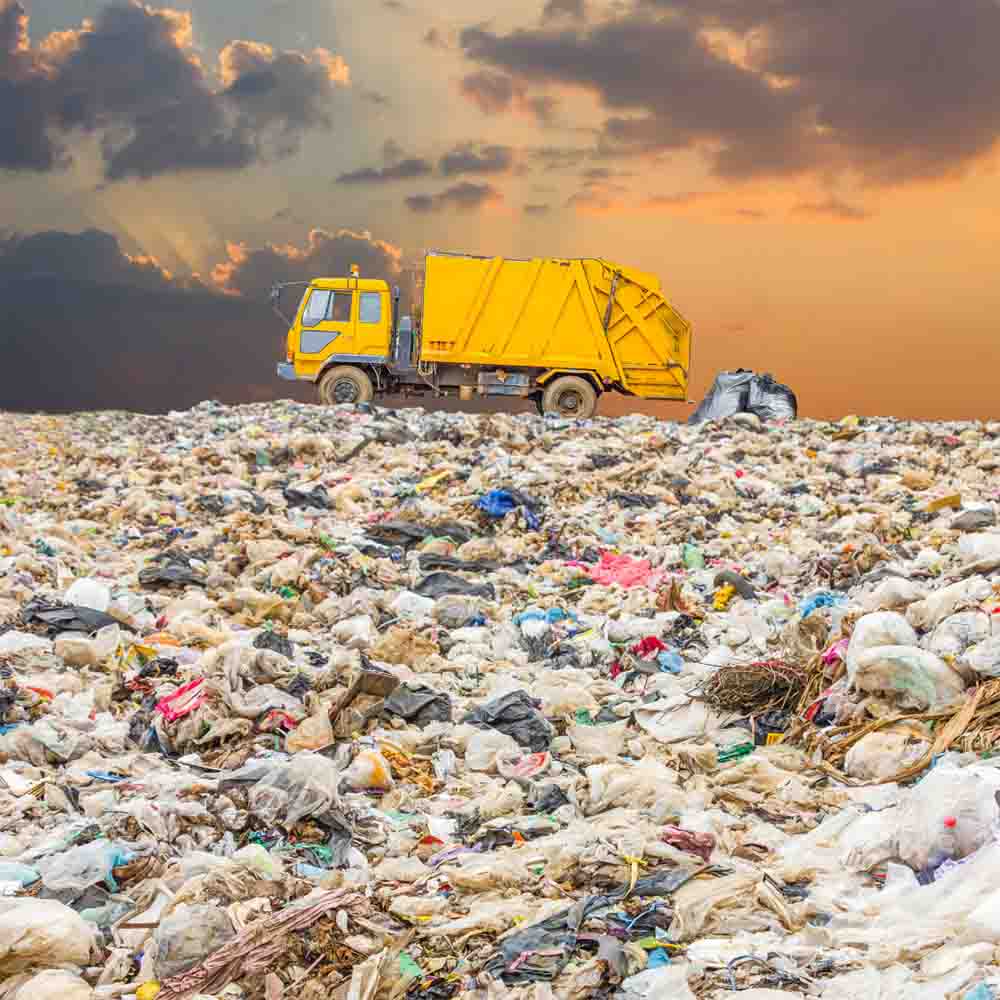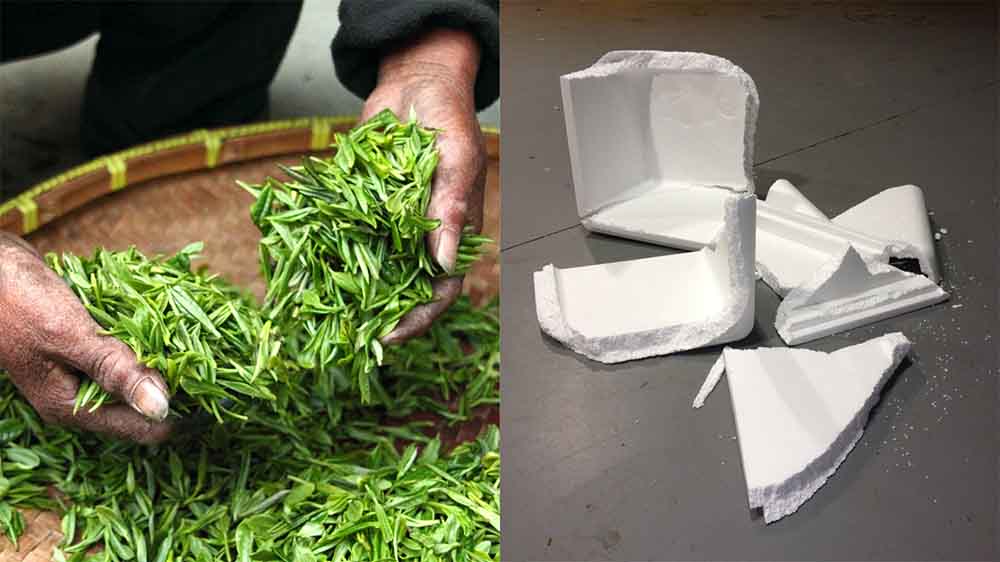A biodegradable foam created by researchers at the Indian Institute of Science (IISc) has the potential to revolutionise the packaging sector while tackling pressing environmental issues. Under the direction of professors Suryasarathi Bose and Subodh Kumar, the research team developed a bio-derived foam that provides a sustainable substitute for the plastic materials used in conventional packaging for fast-moving consumer goods (FMCG). Of the 2.3 million tonnes of plastic foam generated each year worldwide, less than 1 per cent is recycled, adding to the growing amount of garbage going to landfills and contamination in the environment.

The foam is composed of bio-based epoxy resins, which are manufactured from tea leaf-derived hardeners and non-edible oils that have been approved by the US Food and Drug Administration (FDA). This preserves the foam’s superior compressive strength while lowering dependency on non-recyclable ingredients and fossil fuels.

According to researchers, the manufacturing of 10,000 conventional plastic foam cups emits about 308 kg of greenhouse gases. With a compound annual growth rate (CAGR) of 3.85 per cent, the Indian foam market, which was estimated to be worth USD 7.9 billion in 2023, is projected to reach USD 11.1 billion by 2032.
According to researchers, the new bio-based foam has chemical connections that may be broken and recreated in response to external stimuli. This enables the material to be dissolved in environmentally acceptable solvents or mechanically recycled in a matter of hours. Unlike traditional foams, which can take centuries to decompose, these bio-derived alternatives disintegrate safely in landfills, without harming groundwater. Additionally, the group has applied for a patent on this new technology.

Despite the high cost of raw ingredients used to produce the bio-based foam, the rising demand will contribute to price reductions. The researchers anticipate that bio-based foams will be mass-produced in five years due to tighter controls on the usage of polymer-based foams. Since landfills are already overflowing with synthetic materials, there is urgent need for sustainable packaging.

In tests, the material showed exceptional endurance, withstanding 10,000 cycles of cyclic loading. Its biodegradable qualities and performance make it especially appealing to the FMCG industry, where packaging protection is essential. The researchers intend to collaborate with businesses to introduce this novel foam to the market and gradually increase manufacturing, as environmental sustainability becomes a more important priority for enterprises. According to researchers, this invention will offer FMCG industries an eco-friendly substitute for traditional polystyrene (EPS) and polyurethane (PU) foams, marking a major advancement in sustainable packaging solutions.
Image source: Deccan Herald, Bio plastic news, Pauls Rubbish, Aneweather Project